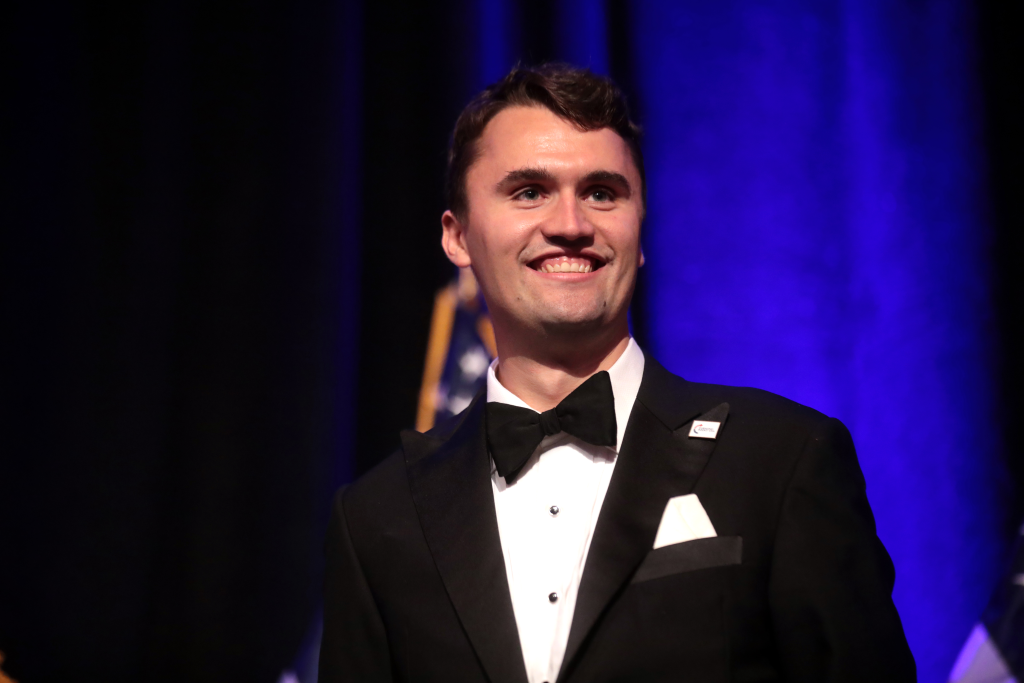
It does not occur frequently that one moment redirects the direction of a generation but Charlie Kirk’s murder did just that. For far too many conservative young adults, the tragedy has acted as a clarion call, converting mourning into a re-commitment to faith, family, and the values Kirk promoted.

1. A Generation in Crisis
The facts are stark. The U.S. dropped eight spots in the 2024 World Happiness Report, and Americans under the age of 30 ranked 62th among the world’s happiest in the world. Nearly one in five high school students in 2023 reported serious mental health struggles, and fatalities from self-harm among young adults are up 62% since 2007, the CDC reported. Georgetown senior Elizabeth Oliver summed it up “Suicide and depression rates are so high, and people are craving authentic happiness.” Charlie was always talking about how ‘flesh desires’ are never fulfilling we have to turn ourselves towards higher things like family, marriage and God.
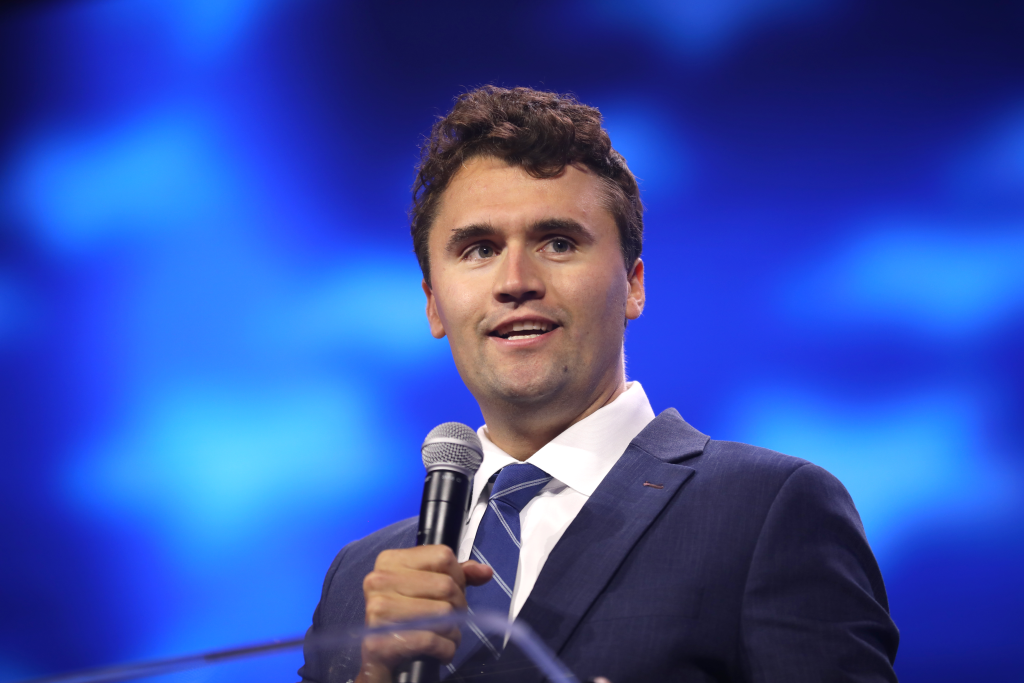
2. Kirk’s Call to Faith and Family
Kirk had a simple message religion, marriage, and children are not behind the times nothing is more important. “Marriage isn’t a milestone in life it’s a call,” he wrote months before his death. President Trump praised this stance, saying, “It sounds old-fashioned when you think about it, but he’s right.” This focus on old-fashioned values stood in contrast to cultural currents revealed in Pew Research research, as only 23% of Americans report being married is “extremely or very important” to a good life.

3. The Turning Point Surge
In the weeks following Kirk’s death on the campus of Utah Valley University, Turning Point USA experienced a record surge in activism. The organization received more than 120,000 requests for campus chapters, more than double the pre-memorial amount. Boston University College Republicans Vice President Philip Wohltorf spoke, “One Charlie Kirk may be dead but one hundred thousand new Charlie Kirks were just created.”
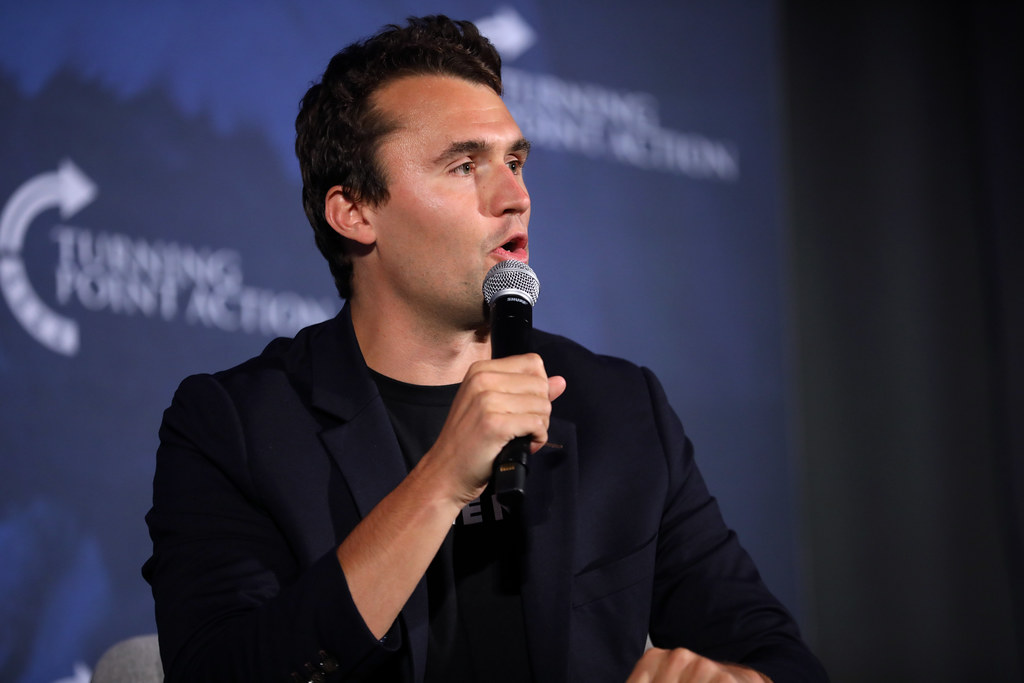
4. Civil Discourse as Legacy
Kirk’s political approach was conversational in nature. “The day civil discourse is gone, a civil war begins,” one young conservative recalled. He was the definition of respect in tense environments, the very embodiment of the idea that disagreement does not have to be division. Wohltorf testified, “America was founded upon the premise of free speech and dialogue, and nobody did it better than Charlie Kirk.”

5. Faith as Psychological Anchor
Research consistently shows that higher religious practice is associated with lower rates of depression and reduced risk of self-harm. For activist youth who are struggling with the emotional loss of a leader, religious communities can provide stability, belonging, and hope. The American National Family Life Survey recognizes that people who are raised with strong religious experience are more likely to stay in their religion and have stronger social connections assets that can immunize against isolation and despair.
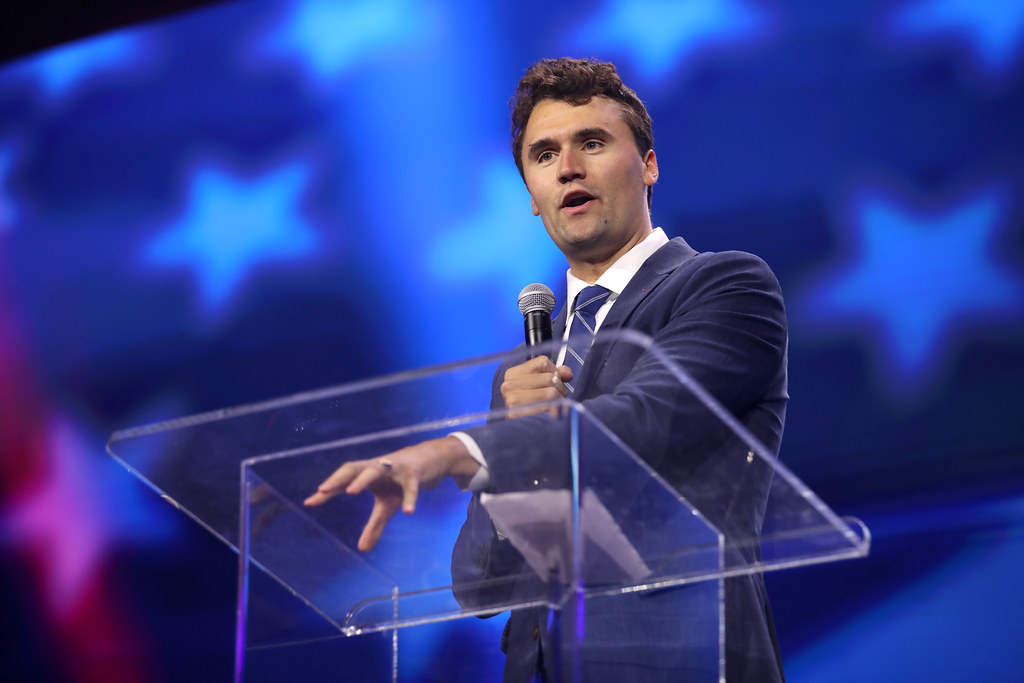
6. Lessons from History
History gives us examples of leaders whose legacy grew after they died. From Abraham Lincoln to Martin Luther King Jr., assassinations have a way of galvanizing movements rather than killing them off. Turning Point CEO and widow of Kirk, Erika, declared supporters, “God began a mighty work through my husband and I intend to see it through. The torch is in our hands now.”

7. Navigating Gen Z Spiritual Curiosity
While Gen Z is reporting falling formal religious affiliation, observers note the rise of “faith unbundled” a set of beliefs and practices distilled from more than one tradition. This open-mindedness can be fertile ground to reach out. Timothy Pickavance described the situation, “There’s still a longing and a clear intention toward spirituality that is not being brought into some specific tradition.” Kirk’s message is applicable here, giving them a single vision based on tradition and community.

8. Building Resilience in Community
Psychologists mention that resilience following loss is strengthened by embodied community. Support online might be interesting, but personal relationships breed belief. As chaplain Eliza Smith DeBevoise summarized, “Whether Gen Z is religious or not, they are doing hard, hard work in spiritual formation.” For conservative youth, today that formation is about pursuing Kirk’s mission–together.
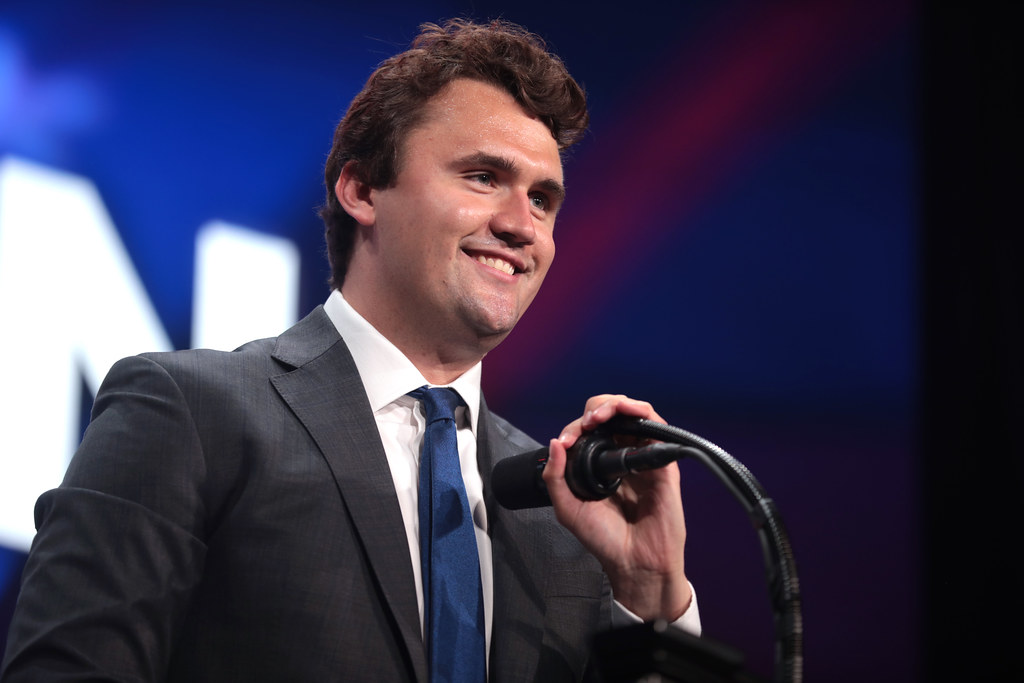
The Presidential Medal of Freedom that was given to Kirk posthumously confirms his place in the national history. To the students, activists, and faith leaders he helped inspire, however, real honor lies in living the courage, conviction, and compassion he embodied to turn mourning into momentum toward a cultural rebirth.


